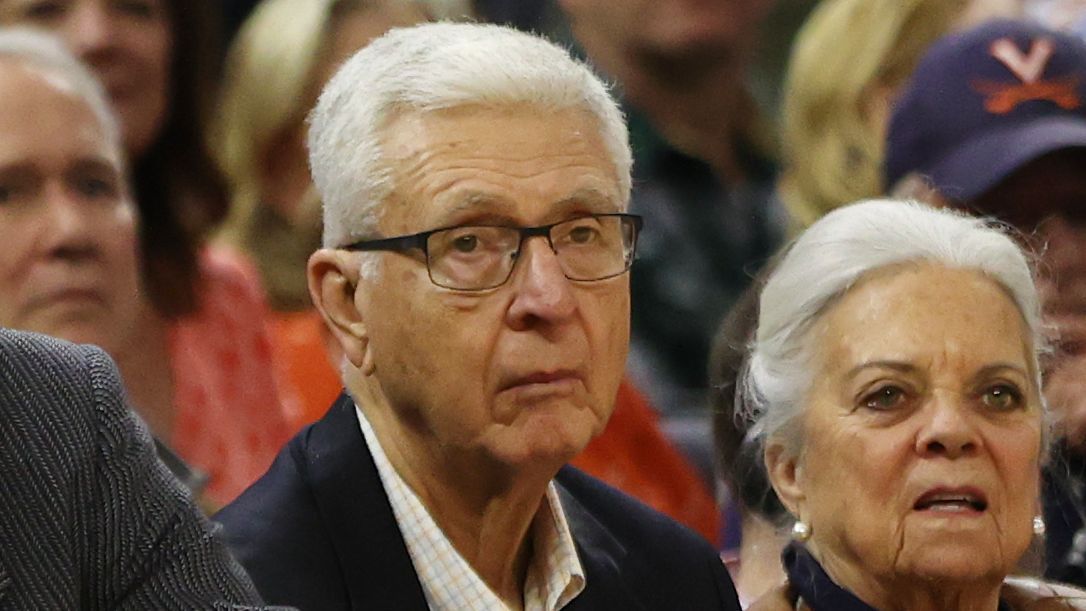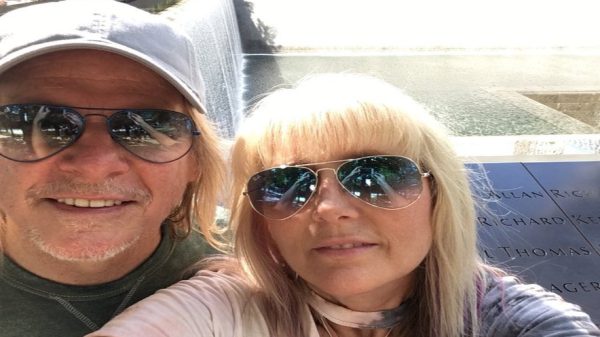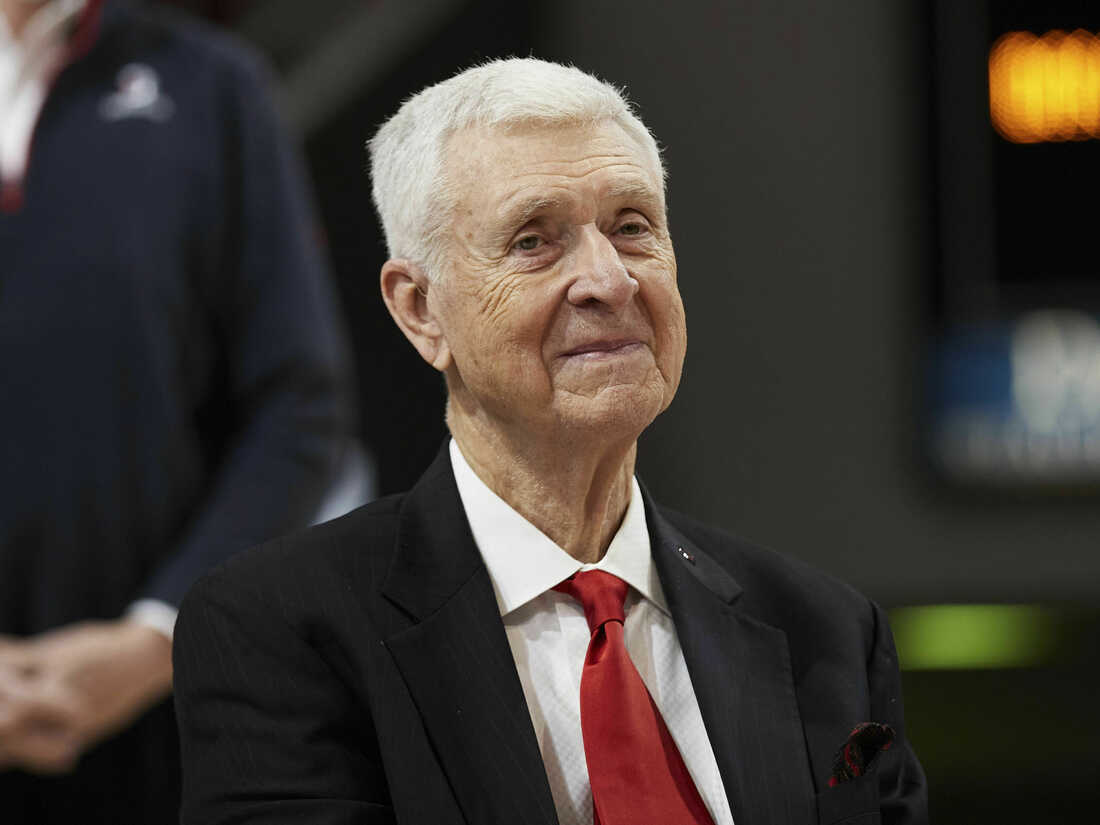According to an announcement made by the university on Monday, Terry Holland, who had a long career as an athletic administrator after leading the Virginia basketball programme to national prominence during his 16 seasons as the program’s head coach, has passed away. He was 80.
According to the school, Holland passed away on Sunday night. The school also confirmed the news with his family. Since he was diagnosed with Alzheimer’s disease in 2019, his health had been deteriorating, and he had stopped attending Virginia’s home basketball games from his prestigious courtside position.
1974 was the year that Holland took over a failing programme. Until Holland built a culture that proved to be a winning formula for success, the Cavaliers had only had three winning seasons in the previous 21 years. Holland’s Cavaliers played a rough and tumble defence.
Holland compiled a record of 326-173 during his time as head coach at Virginia, leading the Cavaliers to nine NCAA tournaments, two Final Fours, and the 1980 NIT championship. Two of his first three teams concluded with losing records, but just one more did so after that. Despite having only a modest 15-11 record over the course of the regular season, he led the Cavaliers to their first ever ACC tournament title in 1976.
Holland has a record of 418-216, which includes his time spent as head coach at Davidson for five years.
His most significant accomplishment, however, was probably convincing the nation’s most sought-after recruit, 7-foot-4 Ralph Sampson of Harrisonburg, to sign with the Cavaliers for the 1979-1980 season. It was at that point that the programme began to make a turn for the better.
Sampson responded with “Terry Holland” when asked what prompted him choose upstart Virginia over more established suitors in an interview earlier this month with The Associated Press. Sampson was asked why he chose upstart Virginia over more established suitors. “He was the primary factor in determining the outcome. A terrific school, good teammates, an excellent education, and admission to the ACC. I mean, you had Dean Smith and all those other folks around, but he understood how I carried myself and was the kind of coach I was looking for. He was the ideal companion for someone like myself.”

Source: ESPN
In Sampson’s first year with the Cavaliers, the team won the National Invitation Tournament (NIT). In Sampson’s final three years with the team, the Cavaliers made it all the way to the Final Four of the NCAA tournament, but ultimately fell short against North Carolina in the national semifinals.
Sampson, who will one day be inducted into the Basketball Hall of Fame, finished his career by being named the national player of the year in each of his final three seasons, and the exposure that his presence generated undoubtedly helped Holland expand his programme. Virginia returned to the Final Four in its first season without Sampson, losing in overtime to Houston in the national semifinals, and appeared in the NCAA tournament in four of Holland’s final six seasons as coach. Holland was responsible for leading Virginia to the Final Four in two of those seasons.
Moreover, Holland established a vast coaching tree, with many of its assistant coaches going on to have successful careers as head coaches themselves. Among them are Rick Carlisle, head coach of the Indiana Pacers; Jim Larranaga, head coach at Miami; Jeff Jones, head coach at Old Dominion; and Dave Odom and Seth Greenberg, both former lengthy college coaches.
Debbie Ryan, a former coach with the Cavaliers, recalled that Holland, who had two children, also had a deep appreciation for the women’s game.
She explained that “He knew that we had to go to Clemson and Georgia Tech, so he assisted us to persuade the league to book both of us on the same days to play doubleheaders.” “He knew that we had to go to Clemson and Georgia Tech,” she said. “We would fly down to Clemson, bus to Georgia Tech, and then fly back together as a team so that we could avoid all of that wear and tear,” said the head coach of the men’s and women’s teams.
According to what she said, he was also constantly worried about doing the right thing.
She referred to him as a gentleman from the South and stated that he wasn’t in the least bit impressed with himself. “He was basically there to make sure that these lads turned into men and that those guys turned out to be nice men.”
It was to return to his alma university, Davidson, as athletic director when he stood down as coach at the age of 48. This was the beginning of an administrative stint that would lead him back to Virginia in the same capacity five years later. In 2001, he was promoted to the position of special assistant to the president of the university. Two years later, in 2004, he started working as the athletic director at East Carolina, a position he held for eight years before he retired in 2012.
Read Also: Screen Actors Guild awards 2023: Everything Everywhere All at Once breaks record










































